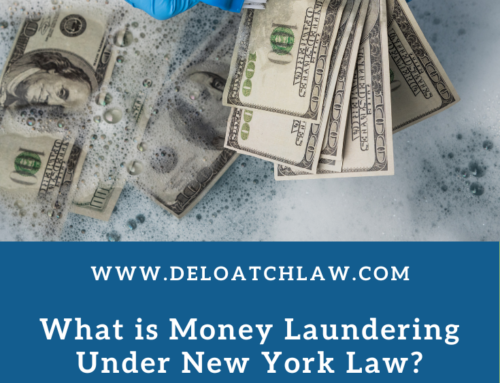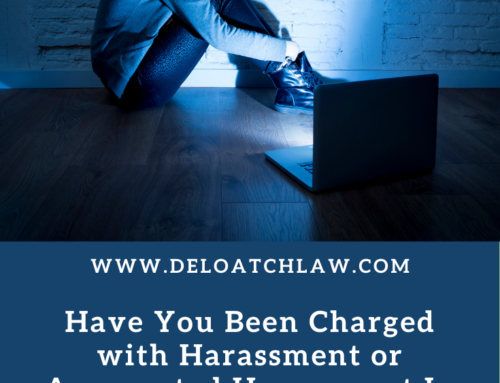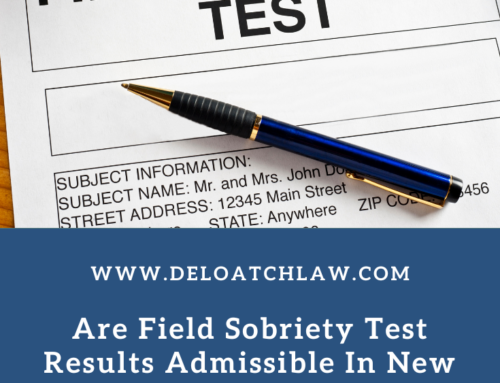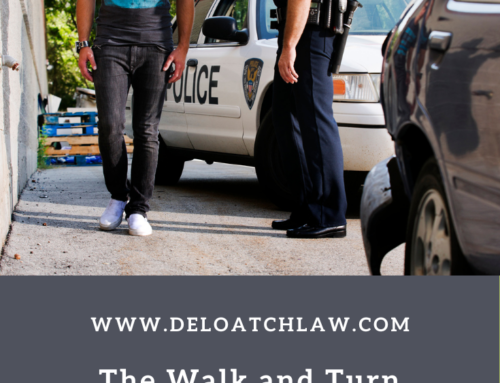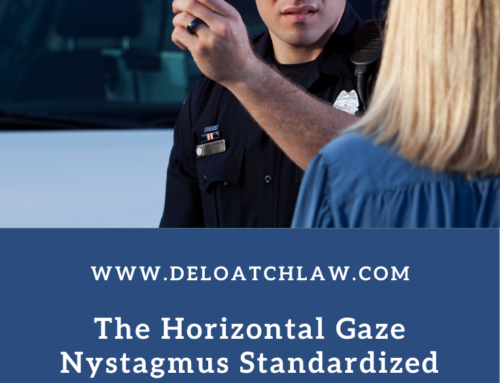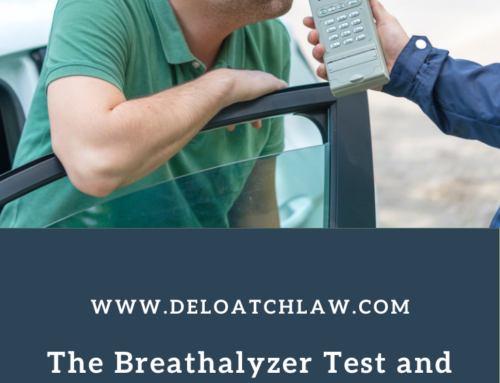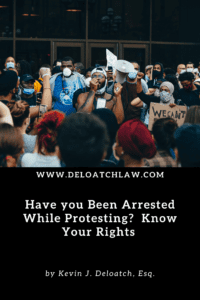 Have you or someone you know recently been arrested while protesting and charged with a crime? In the wake of the deaths of Ahmaud Arbery and George Floyd and the slow response by law enforcement in those jurisdictions to make arrests, a wave of protests and demonstrations have occurred throughout the United States including New York. Unfortunately, with those protests came the arrests of thousands of demonstrators. Arrests, many of which were unjustified.
Have you or someone you know recently been arrested while protesting and charged with a crime? In the wake of the deaths of Ahmaud Arbery and George Floyd and the slow response by law enforcement in those jurisdictions to make arrests, a wave of protests and demonstrations have occurred throughout the United States including New York. Unfortunately, with those protests came the arrests of thousands of demonstrators. Arrests, many of which were unjustified.
The Right to Peaceably Assemble
Every American has a constitutional right to protest. Although you already know this fact, it is worth repeating. To be sure, the Constitution of the United States makes clear in the First Amendment:
“Congress shall make no law respecting an establishment of religion, or prohibiting the free exercise thereof; or abridging the freedom of speech, or of the press; or the right of the people peaceably to assemble, and to petition the government for a redress of grievances.”
Common Arrest Charges at Protests
Despite the clear language of the First Amendment affording the rights of “the people peaceably to assemble” and “to petition the government for a redress of grievances”, the protests have resulted in a large number of people being arrested and charged with various crimes. Specifically in New York, over 1,000 people were arrested. Some of the most common charges in those arrests, which are discussed in more detail below are:
- Unlawful Assembly;
- Riot;
- Inciting Riot;
- Criminal mischief; and
- Disorderly conduct.
Unlawful Assembly
Although the constitution affords people the legal right to assemble and protest, such assembly must be peaceful and must be for a peaceful intent. In New York, a person can be charged with the crime of unlawful assembly, under New York Penal Law section 240.10 (a class B misdemeanor) if they “assemble with four or more other persons” to engage in or prepare to engage in “tumultuous and violent conduct” which is likely to cause public alarm. They can also be charged with this offence if they attended a peaceful assembly that subsequently developed into a tumultuous and violent situation through no fault of their own and they “remain[ed] there with intent to advance that purpose.”
Riot
In New York, a person can be charged either with riot in the first degree, under New York Penal Law section 240.06 (a class E felony) or riot in the second degree, under New York Penal Law section 240.05 (a class A misdemeanor) if they gather with other persons and engage in “tumultuous and violent conduct and thereby intentionally or recklessly cause[s] or create[s] a grave risk of causing public alarm.”
In the context of an arrest of a protestor/demonstrator, a person can be charged with riot in the second degree if they are alleged to have engaged in such actions, as described above, with “four or more” other persons. However, a person can be charged with riot in the first degree if they are alleged to have engaged in such actions with “ten or more” people, and there is physical injury to a person or there is substantial property damage.
Inciting Riot
Under New York law, a person can be arrested for, and ultimately charged with, a riot related offense even if they are not alleged to have actually engaged the actions described under the statute for riot. For example, if a person is alleged to have “urged ten or more” people to have engaged in actions that constitute riot, they can be charged with inciting riot under New York Penal law section 240.08 (a class A misdemeanor).
Criminal Mischief
During the course of a protest, even one that was organized for peaceful purposes, it is not uncommon for a person to be charged with criminal mischief if there is damage to property. A person can be arrested and charged with criminal mischief, under New York Penal Law section 145, when law enforcement has probable cause that a person damaged property of another person without the right to do so nor any reasonable ground to believe that they have such right. Depending on various factors, including the mode in which the property was damaged (i.e. the use of an explosive device) and/or the value of the property, the person can be charged with criminal mischief in either the first degree (New York Penal Law section 145.12 – a class B felony), second degree (New York Penal Law section 145.10 – a class D felony), third degree (New York Penal Law section 145.05 – a class E felony) or fourth degree (New York Penal Law section 145.00 – class A misdemeanor).
Disorderly Conduct
An arrest for disorderly conduct, under New York Penal Law section 240.20, made at or near the time of a protest, typically happens after the protest is supposed to disburse and someone is alleged to have engaged in actions that cause “public inconvenience, annoyance or alarm, or recklessly creating a risk thereof.” The actions that are necessary to sustain the charge are:
- Fighting or violent, tumultuous or threatening behavior;
- Making unreasonable noise;
- Using abusive or obscene language in a public place or making obscene gestures;
- Disturbing any lawful assembly or meeting, without lawful authority;
- Obstructing vehicle or pedestrian traffic;
- Congregating with others in a public place and refusing to comply with a lawful order of the police to disperse; or
- Creating a hazardous or physically offensive condition by any act which serves no legitimate purpose.
Other Crimes
The above described crimes are by no means an exhaustive list of crimes that a person can be charged with from an arrest while protesting. Depending on the facts and circumstances, a person can be charged with additional crimes. For example, in some of the protests that occurred around the country there were fires, looting and assaults. Under such circumstances, in New York, legitimate arrests could be made for:
- Arson (New York Penal Law sections 150.00 – 150.20);
- Burglary and related offenses (New York Penal Law sections 140.00 – 140.40); and
- Assault and related offense (New York Penal Law sections 120.00 – 120.70).
The Burden of Proof
It is important to understand that the prosecutor has the burden of proof beyond a reasonable doubt in a criminal prosecution. But what exactly does that mean? It means the prosecutor has the burden of proving every element of the crime beyond a reasonable doubt.
Thus, for example, if you were charged with the crime of unlawful assembly, as described above, the prosecutor would need to prove each of the following elements to obtain a conviction:
- that it was in fact you;
- who assembled;
- with four or more persons;
- and that such assembly was for the purpose of engaging in or preparing to engage in;
- conduct that was tumultuous and violent; and
- that such conduct was likely to cause public alarm.
If the prosecutor cannot prove every element of the crime, then they have not met their burden of proof to obtain a conviction.
What Should You Do If You Are Arrested?
In any instance in which a person is arrested they should remember that they have rights. You should always know your rights. You have the right to remain silent and the right to an attorney. Accordingly, the first step a person should take if they are arrested and charged with a crime is exercise their rights to remain silent and to not be questioned without an attorney who represents them. Law enforcement is required to advise you of these rights before questioning you, but these rights exist and can be invoked by you even if law enforcement does not advise you of such.
The next step a person should take is seek the advice of an experienced criminal defense attorney. This should be done at the earliest stage, before the arraignment if possible. The results of all criminal prosecutions are determined by the facts and circumstances of your specific case and the skill and experience of your defense attorney.
An experienced and skilled attorney will do a thorough analysis of your case, by looking into all of the facts and circumstances surrounding your arrest, including whether there was probable cause for the arrest and whether there are any statements the district attorney’s office intends to use against you.
If you or someone you know has been arrested in New York call the Law Office of Kevin J. Deloatch, Esq. at (646) 792-2156. The office has an extensive criminal law practice. The outcome of a criminal case is often determined by what occurs at the beginning stages of the prosecution. Call today for a free consultation.

